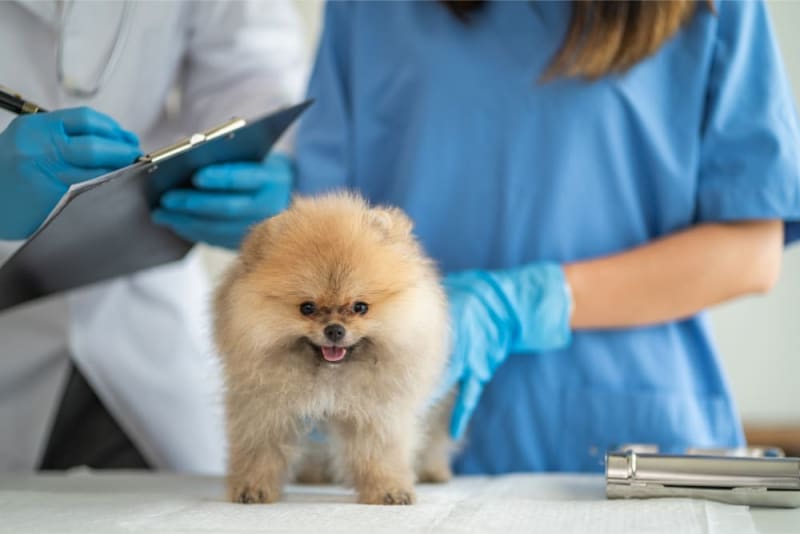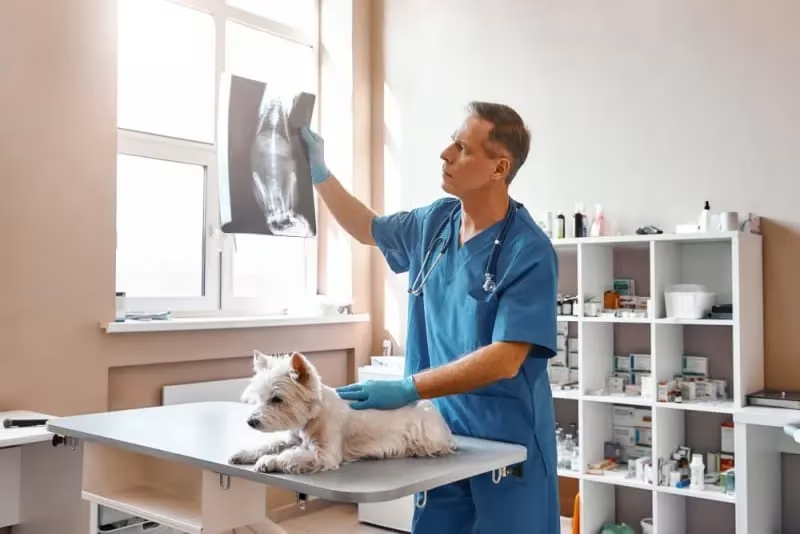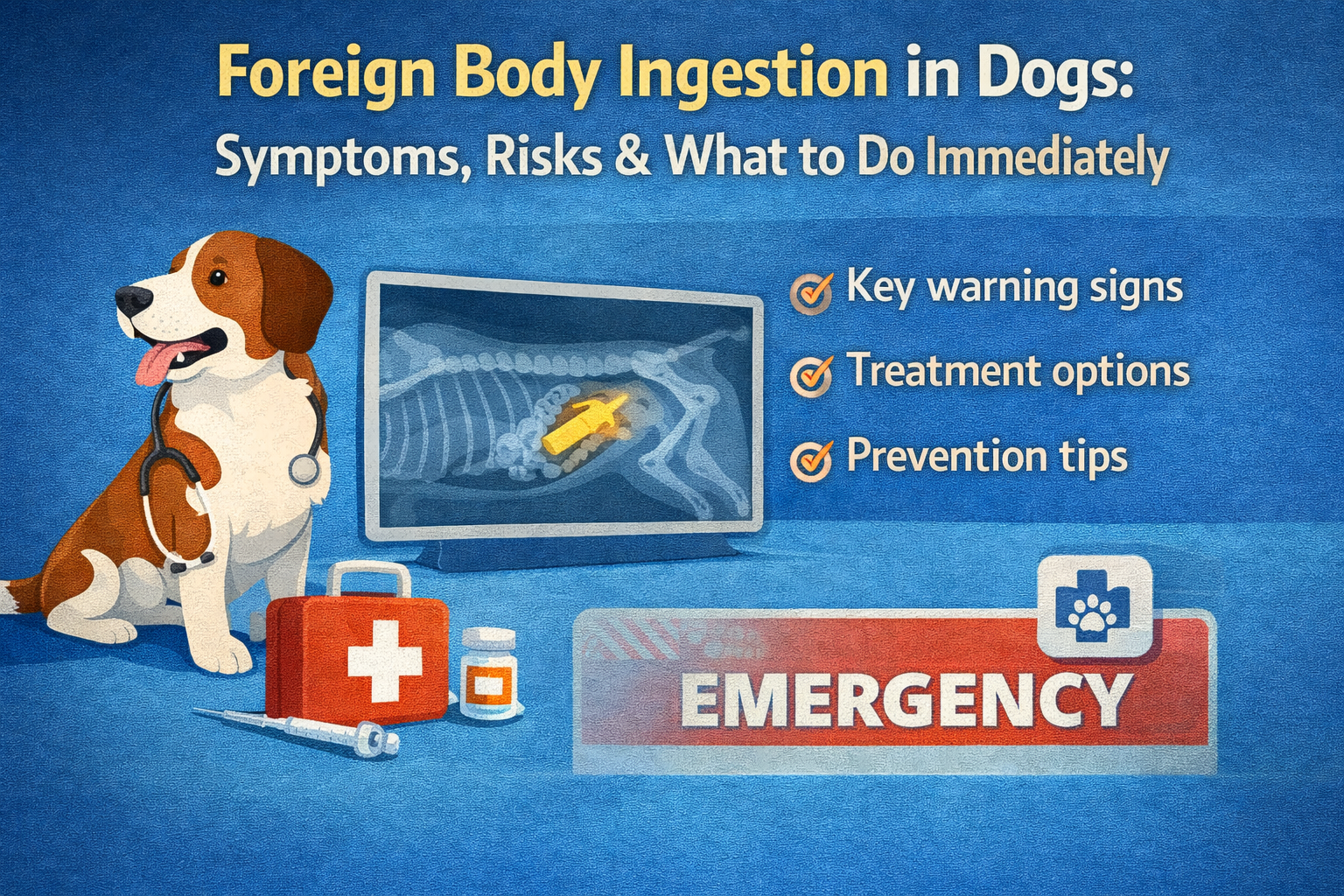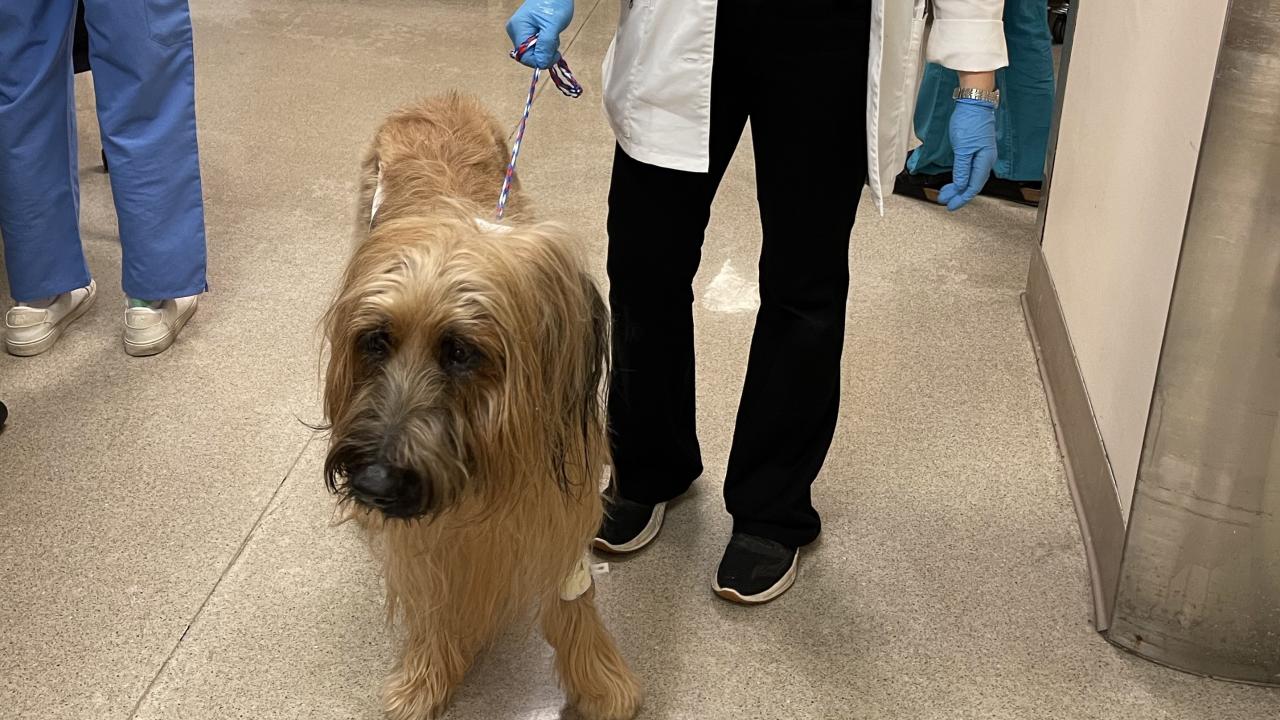How Do Pet Emergency Clinics Work? – Imagine your cat starts to vomit on a weekend, or your dog suddenly begins to limp late at night. Your regular veterinarian is closed now, what? That is where pet emergency clinics come into play. These specific veterinary centers work around the clock to address urgent, often life-threatening, health concerns in pets. Knowing how these clinics work, what services they provide, and how to navigate a visit can ease anxiety throughout a stressful situation. Let us know the inner workings of pet emergency clinics and answer common questions every pet owner should think about.









